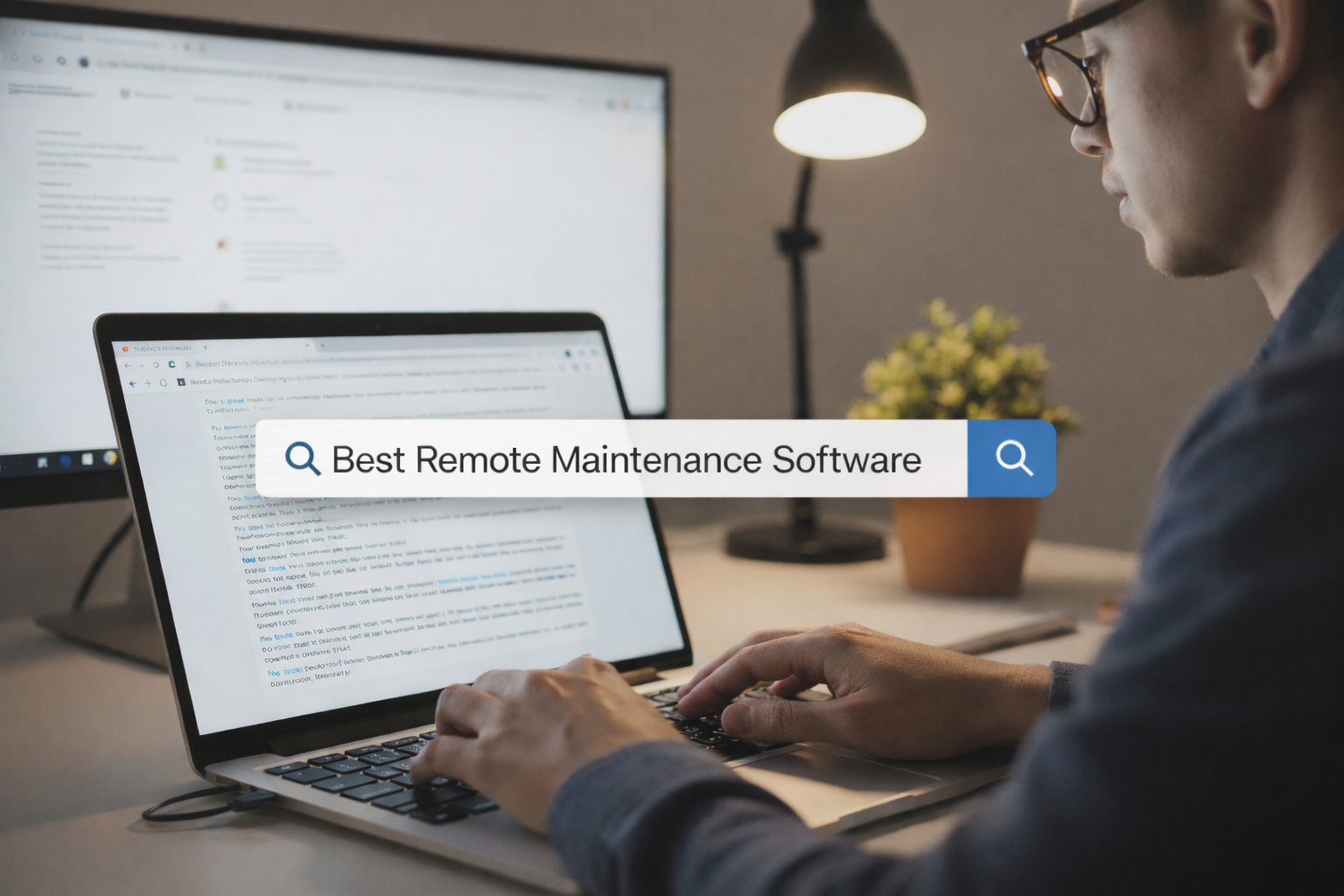With the rising threats of data breaches and cybersecurity incidents, businesses are turning to ISO 27001 certification—a globally recognized standard for protecting sensitive information and reducing security risks.
However, the road to getting ISO 27001 certified isn’t a walk in the park. It involves detailed, complex, and delicate steps, from assessing potential risks to ensuring the right security measures are in place.
While you can proceed with internal resources, an ISO 27001 consultant with expert knowledge would surely ease the process. They’ll guide you through the process, helping your business navigate requirements and achieve certification smoothly.
Role of an ISO 27001 consultant
An ISO 27001 consultant is a professional who guides organizations through the process of achieving ISO 27001 certification. They bring expertise in information security management, risk assessment, and compliance, helping businesses establish and maintain an Information Security Management System (ISMS) that meets ISO 27001 standards.

Their role typically involves 6 key tasks:
- Gap analysis: Assessing an organization’s ISMS to pinpoint areas needing enhancement.
- Policy creation: Crafting and implementing protocols for handling sensitive data.
- Security metrics: Assisting organizations in measuring, tracking, and improving ISMS performance.
- Information security assessments: Conducting thorough evaluations of information security practices.
- Compliance: Verifying that the organization meets ISO 27001 standards.
- ISMS design and development: Leading projects to create and implement an ISMS that aligns with the ISO 27001 framework.
In conclusion, Hiring an ISO 27001 consultant brings numerous benefits: their expert guidance simplifies the complex certification process, ensures compliance and helps organizations avoid common pitfalls. Consultants also save time and reduce costs by streamlining efforts on essential areas, allowing businesses to achieve certification with minimal disruption.
Additionally, they enhance the company’s overall security posture by implementing best practices that strengthen data protection and reduce the risk of incidents like data breaches.
6 factors to consider when choosing an ISO 27001 consultant
Selecting the right ISO 27001 consultant is crucial to ensuring a smooth certification process and effective information security practices. Here are some key factors:

- Relevant certifications and accreditations: Ensure that the consultant holds certifications related to ISO 27001, such as ISO Lead Auditor or Lead Implementer. This indicates that they have formal training and a solid understanding of the standards.
- Reputation and references: Look for consultants with positive reviews or testimonials from previous clients. Ask for references to get insight into the consultant’s past work and their ability to deliver results on similar projects.
- Project management skills: ISO 27001 implementation is a multi-phase project that requires planning, coordination, and follow-through. A consultant with strong project management skills can effectively guide your team through each step, ensuring that the project stays on track and within budget.
- Understanding of your company’s size and complexity: Choose a consultant who has experience working with companies similar to yours in size and industry. The challenges faced by a small startup can differ significantly from those of a large enterprise, so industry-specific knowledge is valuable.
- Post-certification support: Some consultants offer ongoing support after achieving certification, such as internal audits, training, or updates on regulatory changes. Consider whether you want a consultant who can provide long-term support to help maintain your compliance.
- Communication style and cultural fit: Effective communication is essential for a successful collaboration. Choose a consultant whose communication style aligns with your organization’s culture and who can engage and work well with your team members.
ISO 27001 consultant in Singapore – What to look for
The importance of local knowledge and understanding
When hiring an ISO 27001 consultant in Singapore, it’s beneficial to find someone who understands the local regulatory landscape and business environment.
Singapore has specific data protection laws, such as the Personal Data Protection Act (PDPA), which impacts how organizations handle personal information. A consultant familiar with these regulations can ensure your ISO 27001 certification process aligns with local legal requirements.
Additionally, local consultants often have a stronger network within the region. They may have established relationships with certification bodies and auditors, making it easier to navigate the certification process. Their familiarity with Singapore’s unique business culture can also help tailor security practices that resonate with local stakeholders and clients.
Specific considerations for hiring an ISO 27001 consultant in Singapore
When looking for a consultant in Singapore, consider the following factors:
- Knowledge of regional regulations: Besides the PDPA, a consultant should be well-versed in other regional regulations and security standards relevant to your industry. This helps ensure comprehensive compliance, reducing potential risks of non-compliance with local laws.
- Experience with multinational clients: Singapore is home to numerous multinational companies, so it’s valuable to choose a consultant experienced with multinational operations. These consultants are skilled in balancing ISO 27001 requirements with other global standards.
- Access to local resources: ISO 27001 certification requires both internal and external audits. A Singapore-based consultant may have established connections with local certification bodies, helping streamline the audit process. They can also provide access to trusted vendors for security controls and local cybersecurity experts.
With local knowledge and a strong grasp of Singapore’s business environment, an ISO 27001 consultant can help businesses achieve certification and ensure their security measures meet both global and regional standards.
4 mistakes to avoid when hiring an ISO 27001 consultant
Finding the right ISO 27001 consultant can significantly impact the success of your certification journey. However, there are common mistakes businesses make when hiring a consultant. Here’s what to watch out for:
- Overlooking industry-specific experience: ISO 27001 applies to various industries, but each sector has unique security challenges. Hiring a consultant without experience in your specific industry can lead to generalized advice that doesn’t fully address your organization’s needs.
- Choosing based solely on cost: While cost is an important consideration, choosing a consultant based solely on a lower price can lead to issues in the long run.
- Neglecting to verify credentials: An ISO 27001 consultant should have relevant certifications and a solid track record of successful certifications. Failing to verify credentials can lead to working with consultants who may not fully understand the ISO 27001 certification process or who lack the necessary experience to handle complex security needs.
- Not assessing their methodology: Each consultant may approach the ISO 27001 certification process differently. If they don’t have a clear and structured methodology for gap analysis, risk assessment, internal auditing, and other key areas, you may encounter inefficiencies.
To avoid these pitfalls, start by requesting case studies and references to assess their reliability, approach, and success in handling similar projects. Real-world examples provide valuable insight into their ability to meet industry-specific challenges.
Additionally, conduct thorough interviews to discuss qualifications, industry experience, and communication style. A good consultant should explain their approach clearly and answer any questions with ease.
Finally, look for a long-term partner who can support you beyond certification, offering guidance on maintaining compliance and continuous improvement through periodic audits and updates.
By avoiding these common mistakes and selecting a qualified, experienced ISO 27001 consultant, your business can confidently progress through the certification process.
7 frequently asked questions about hiring an ISO 27001 consultant
1.What does an ISO 27001 consultant actually do?
An ISO 27001 consultant guides you through the certification process. They start with a gap analysis to identify any areas where your current security practices may not meet ISO 27001 standards. They then assist with risk assessments, implementing security controls, and preparing for the certification audit.
2. How long does it take to achieve ISO 27001 certification?
The timeframe can vary depending on your organization’s size, complexity, and current security measures. For most businesses, the process takes anywhere from 3 to 12 months. A consultant can help streamline this process by focusing on high-priority areas and ensuring your ISMS aligns with the standard’s requirements.
3. What are the costs associated with hiring an ISO 27001 consultant?
The costs depend on the consultant’s experience, the scope of your project, and the specific services you require. Some consultants offer fixed pricing, while others may charge on an hourly or project basis. Keep in mind that while there is an upfront cost, a consultant’s expertise can help you achieve certification more efficiently, saving time and resources.
4. How do I know if a consultant is qualified?
Look for consultants with recognized certifications in information security and ISO 27001 specifically. Check their experience and ask for case studies or client references. An experienced consultant should be able to demonstrate a successful track record with similar projects.
5. Can an ISO 27001 consultant assist with ongoing compliance after certification?
Yes, many consultants offer post-certification services. They can conduct periodic audits, provide security training, and offer advice on maintaining and improving your ISMS. This ongoing support helps ensure your organization remains compliant and can adapt to new security threats.
6. What’s the difference between an internal and external audit?
An internal audit is performed by your own team or an external consultant before the certification audit. It’s a way to ensure your ISMS meets ISO 27001 standards. An external audit, on the other hand, is conducted by a certification body. Passing this audit is necessary to achieve ISO 27001 certification.
7. How does ISO 27001 certification benefit my business?
Certification enhances your security posture, helping you protect sensitive information and meet regulatory requirements. It also demonstrates to clients and partners that you take information security seriously, which can give you a competitive advantage and build trust.







